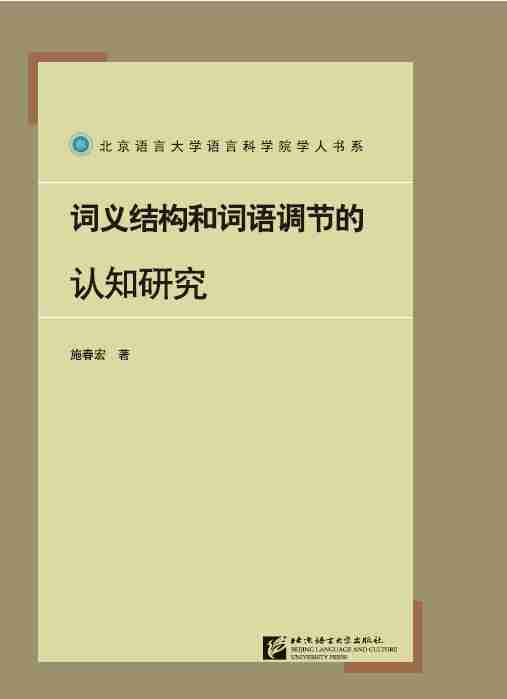Online Bookstore
Cognitive Studies on the Semantic Structures and Modifications of Words
Author:Shi Chunhong
- Medium:Books
- ISBN: 9787561942895
- Page Count: 304
- Size:
- Pub Date:2015-12
- The book weight: 471 g
- Annotation Language:
- Course:
- Target Audience(Age):Adults
- Target Audience(Language):Advanced
- Price:
-
Category: Academic Research













